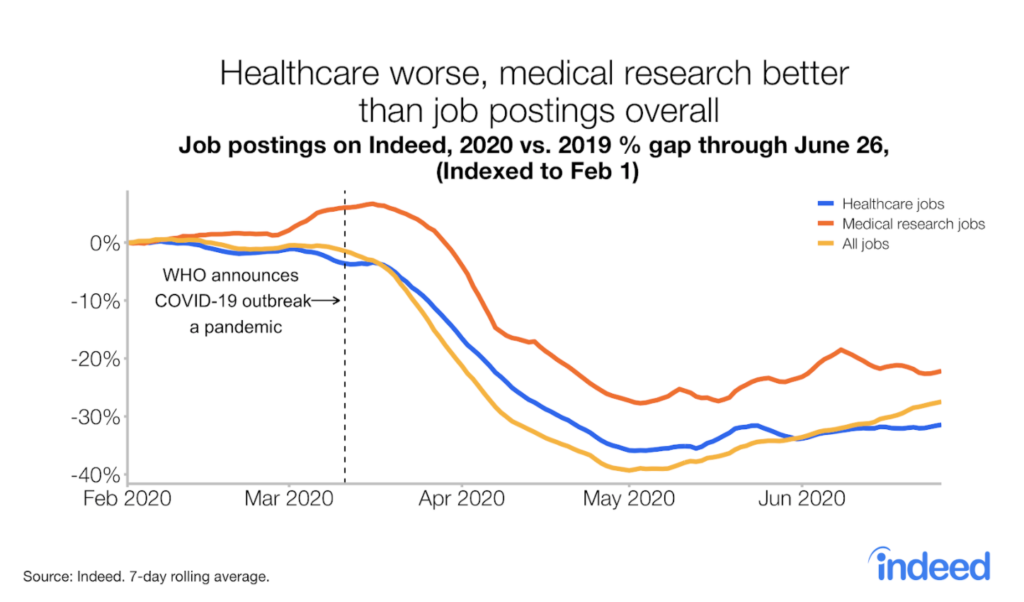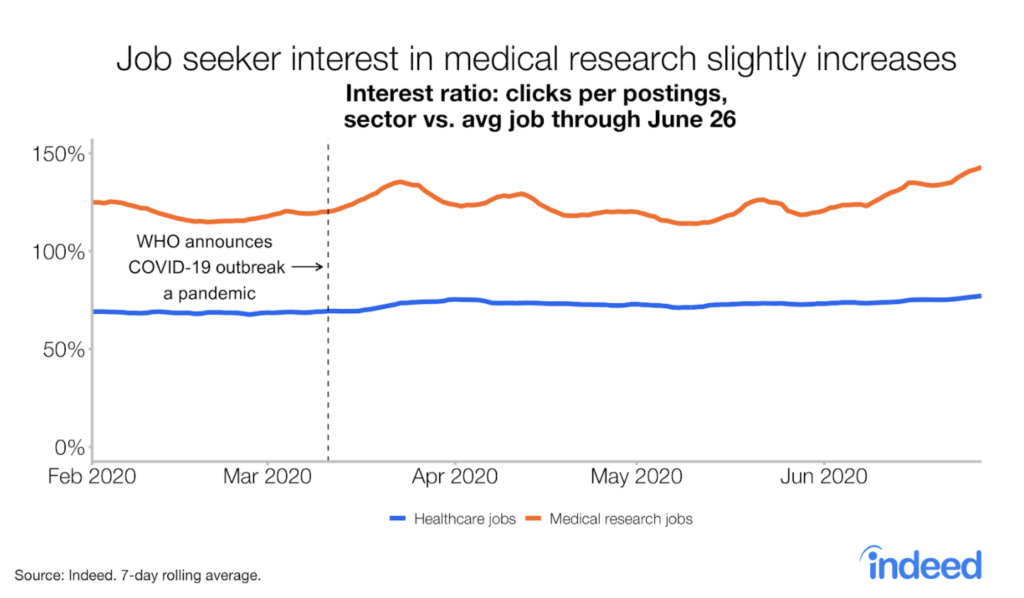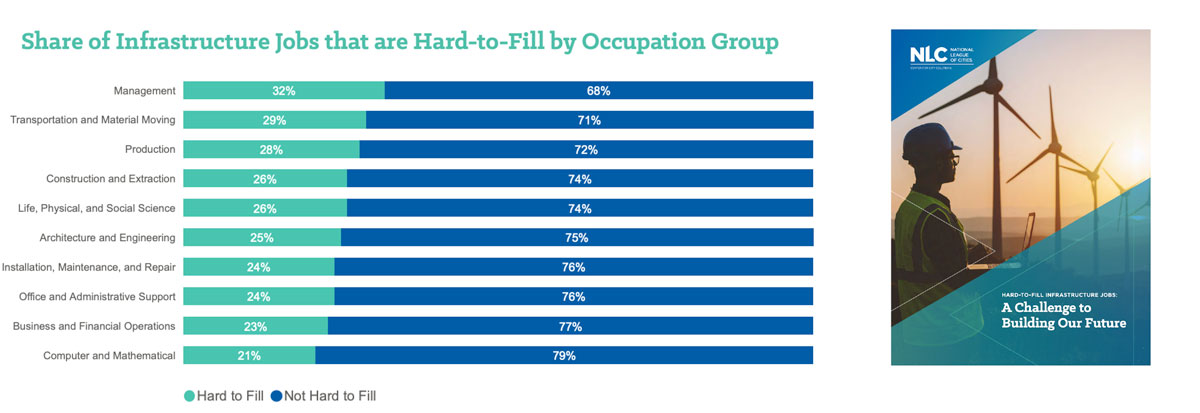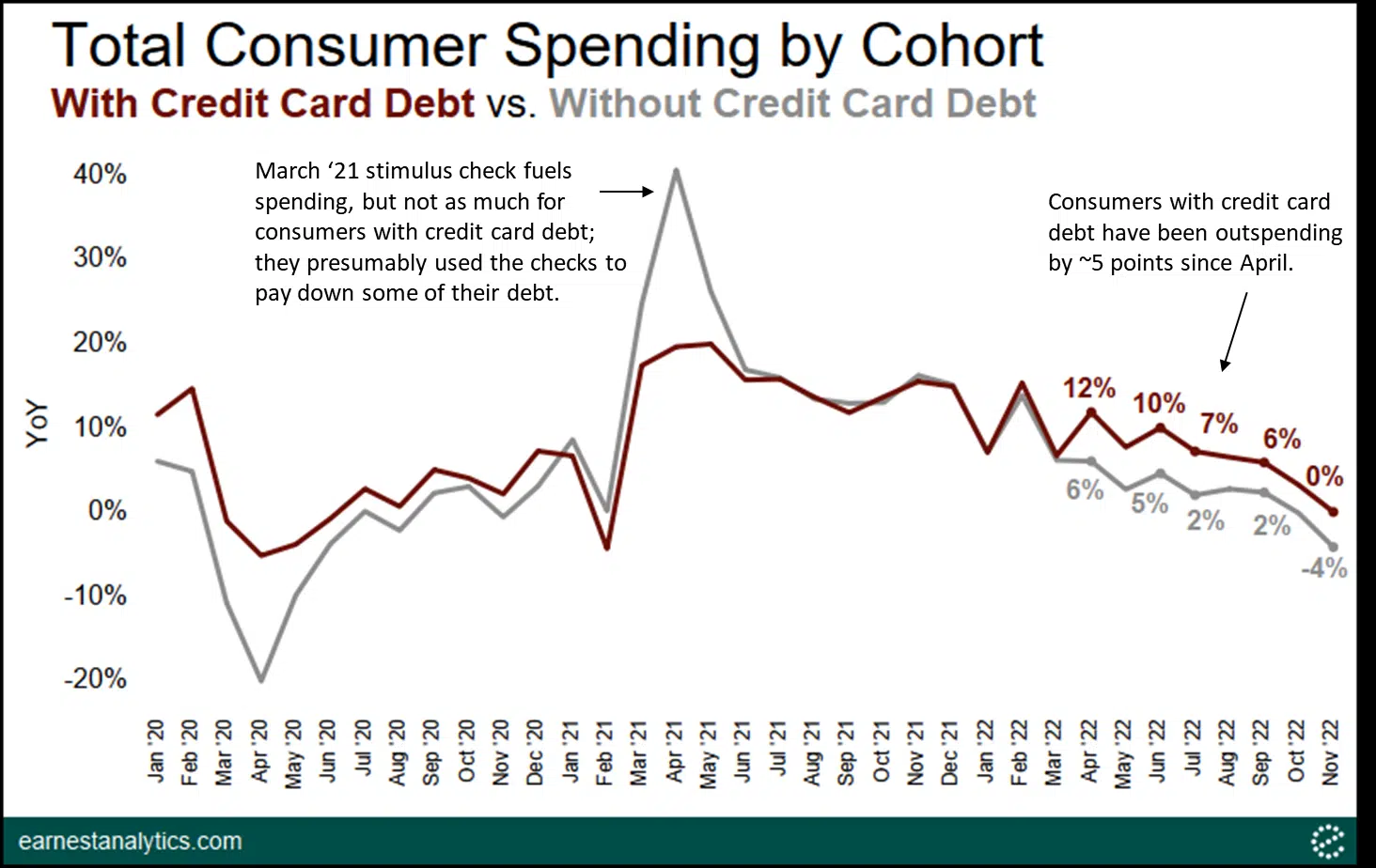
When we think about the jobs in highest demand during the coronavirus crisis, healthcare and other medical professionals immediately spring to mind. What with stories of doctors and nurses working themselves to exhaustion to keep up with the onslaught of COVID-19 patients and medical researchers racing to learn as much as they can about the virus and develop a vaccine, it would seem those tackling the crisis head-on could at least cross job security off their list of worries.
But this isn’t the case. Despite demands on medical professionals now, as the pandemic rages on, job postings on Indeed for healthcare and other medical professionals have dropped since March.

At the onset of the COVID-19 crisis in the U.S. earlier this year, Indeed saw job postings relative to last year drop drastically — and practically overnight. In the beginning, healthcare jobs (like registered nurses and occupational therapists) and medical research jobs fared slightly better than job postings overall, seeing less severe decreases in job postings.
However, in the early weeks of June, things took a turn, and healthcare jobs on Indeed dropped by even more than job postings overall. Medical research jobs have fared somewhat better, both at the beginning of the crisis and now, with smaller decreases in job postings at every point in time since March.
We spoke with AnnElizabeth Konkel, an economist at the Indeed Hiring Lab, to learn more about this counterintuitive drop in healthcare and medical research job postings in the midst of a global health crisis.
What are the key takeaways?
Konkel agrees it seems intuitive that, during a pandemic, the need for healthcare jobs should soar. But as it turns out, the complexities of hospital finance and nature of demand for healthcare and medical jobs lead to a more complicated situation.
To start, most hospital revenue comes from surgeries and procedures like joint replacements and colonoscopies — procedures that, though important to people’s health, are not a matter of life and death. As cities and states went on lockdown to contain the spread of coronavirus and individuals avoided hospitals for fear of exposure, elective surgeries and procedures decreased drastically.
This drop in elective surgeries meant that, in some places, the overall number of patients decreased, even if ICUs were packed. And because the number of COVID-19 cases and patients has ebbed and flowed, resulting demands on hospitals have been inconsistent.
Finally, while revenue from elective surgeries has plummeted, expenses have climbed as hospitals buy additional supplies to prepare for and treat COVID-19 patients. All of this has resulted in many hospitals slowing hiring — or even having to lay off employees.
As Konkel puts it, “it makes sense that people think that healthcare and medicine-related roles should be hiring more than ever. However, the roles that are on the front-lines of fighting coronavirus are not immune to the economic damage caused by the virus.”
What does this mean for jobseekers?
Just because medical professionals are highlighted in the news almost daily, it doesn’t seem reasonable to expect that job seekers’ interest in healthcare or medical research roles should soar.
According to Konkel, “most of these jobs require specific training, if not years of specialized education, and job seekers know it takes time to build the qualifications if they don’t have them.”

Reflecting this, Konkel has found job seeker interest in healthcare and medical research jobs has been mostly steady.
What does this mean for employers?
As a result, employers shouldn’t expect a huge influx of new applicants for healthcare and medical research roles. However, because there are currently unemployed healthcare and medical research workers, a qualified pool of people should be available once companies start hiring for these roles again.
Meanwhile, many employers in the medical field are in a very tough position. They are hustling to save lives while often facing declining revenue and a shortage of supplies, like personal protective equipment (PPE), such as masks, gloves, face masks and gowns.
One unique trend Konkel has noticed: Healthcare and medical employers have started to include this term — PPE — in the job titles of their ads, something they’d never done prior to COVID-19. As news about these types of equipment shortages abounds, and as job seekers in the healthcare industry worry about their own health and safety, employers may be attempting to reassure job seekers.
“By explicitly mentioning PPE, it seems that employers are attempting to set themselves apart and send the message to job seekers that they will be able to start their job and have the protective equipment they need,” Konkel says.
The unfortunate truth of the current economic situation is that nobody is unscathed — and that includes those on the front lines fighting the coronavirus. Although it’s too soon to tell what will happen in the long-term, we have at least seen that job postings are slowly starting to increase. Meanwhile, we here at Indeed continue to keep watch for as long as the current situation may last.
To learn more about the data behind this article and what Indeed has to offer, visit https://www.indeed.com/.







Sign up to receive our stories in your inbox.
Data is changing the speed of business. Investors, Corporations, and Governments are buying new, differentiated data to gain visibility make better decisions. Don't fall behind. Let us help.













Sign up to receive our stories in your inbox.
Data is changing the speed of business. Investors, Corporations, and Governments are buying new, differentiated data to gain visibility make better decisions. Don't fall behind. Let us help.





